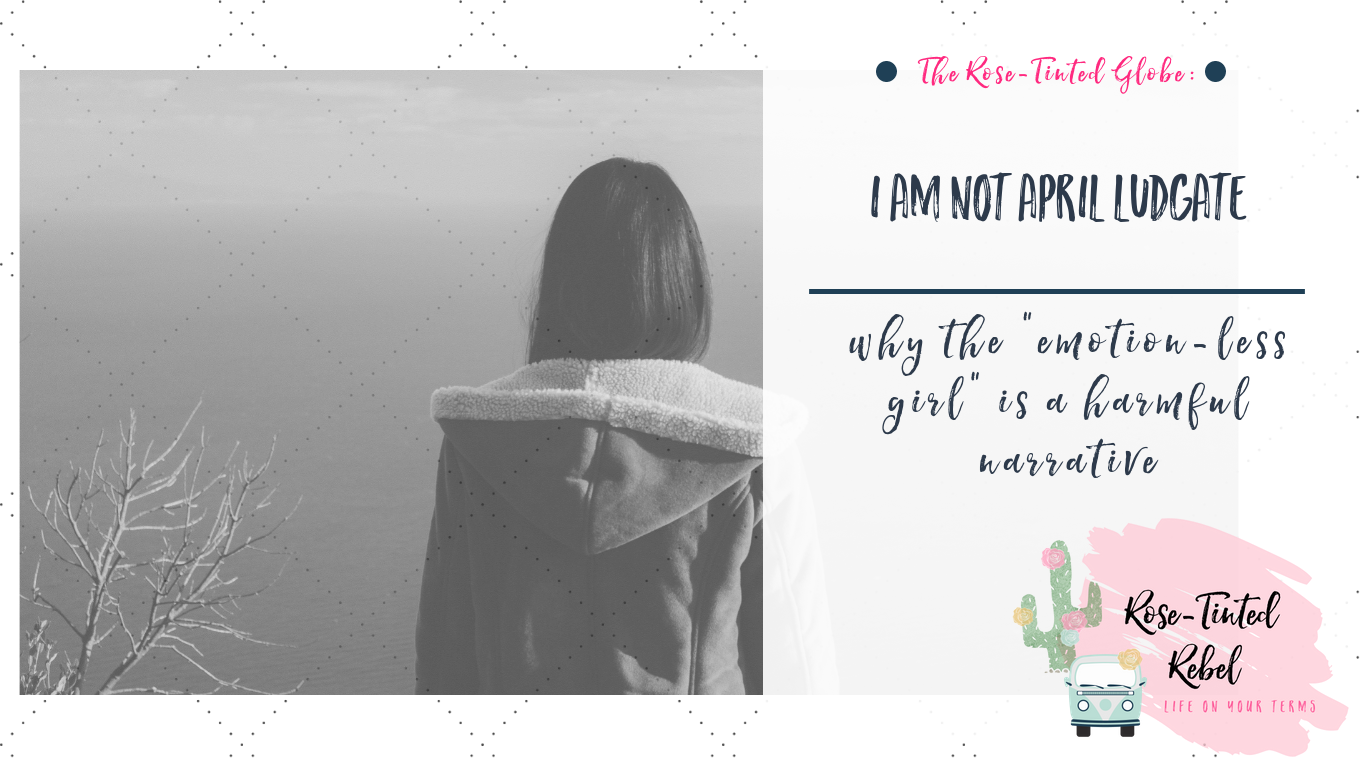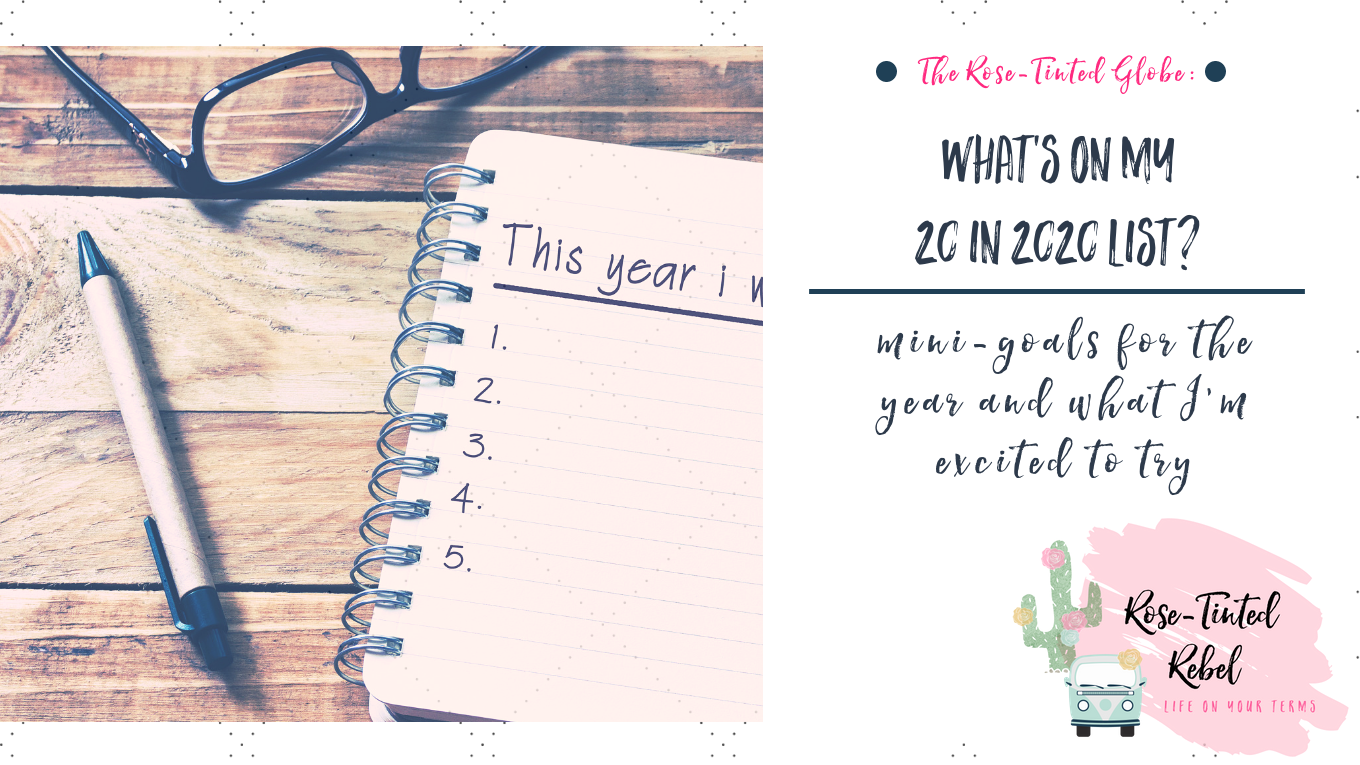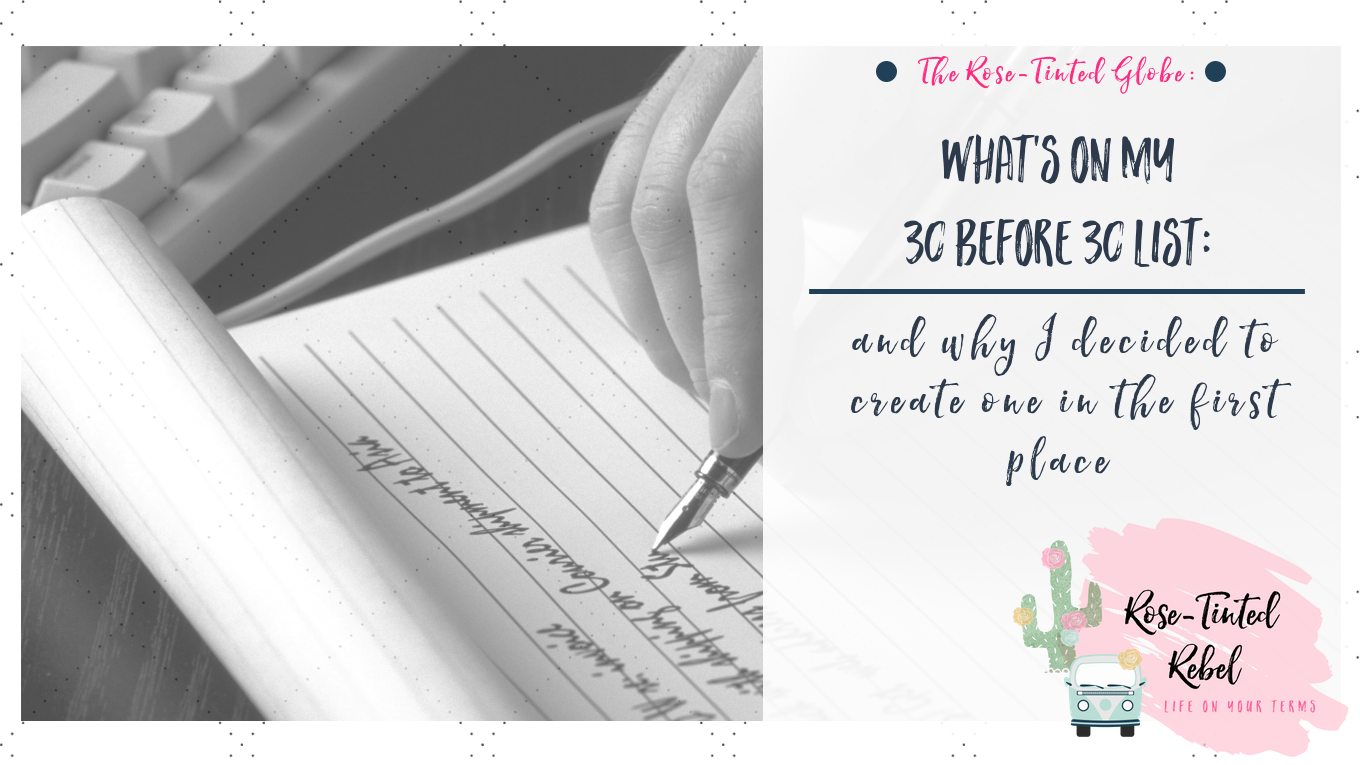I was in middle school in the 2000s, which meant that I got to experience the emergence of “emo” culture. When I was a nerdy middle schooler with no friends, my one desperate desire was to fit in. (God, I really hate thinking about middle school.) “Emo” culture was really about music, but in my diversity-starved tiny community in northern Wisconsin, the pre-teens who reigned over the middle school kingdom quickly brandished it as an insult, as they interpreted it to mean “has a lot of feelings and no friends”. Which pretty much described me precisely. I wanted nothing to do with being seen as “emo”, and I learned quickly that pretending not to have feelings was the best way to accomplish this.
The relevance and importance of suppressing my emotions has reappeared over and over throughout the years, and this “not having feelings” is still a totally acceptable trope in pop culture today. Feeling-less characters are all over our screens, whether they are of the silver, small, or handheld-device variety. I think it’s especially easy to find female examples of this character type, simply because women’s feelings have been demonized so often that characters who break the mold of the feeling-filled-female have been celebrated in more recent times. The official title for this trope is the “emotionless girl”, and examples of her are all over, not just in pop culture, but in all different forms of entertainment.
In fact, I had an interesting revelation this evening: ALL of my female role models (as far as fictional characters go) are emotionless girls.
Television has Wednesday Addams, movies have the title character from (500) Days of Summer, Disney movies have Elsa from Frozen, and even Great Expectations, one of my favorite novels of all time, has Estella, the icy girl of protagonist Pip’s dreams. Not to mention the dystopian blockbuster series of Divergent and The Hunger Games. Divergent’s Tris enters a faction that is basically founded on suppressing your emotions and appearing bad-ass all the time, and even Katniss to some extent (perhaps barring only her relationship with her sister) is an emotionless girl.
The traits of an emotionless girl (outside of the obvious not-having-emotions, of course), may include: being bad with people, lacking empathy, being calm in a crisis, being skilled at manipulation, being stoic, and being isolated or ostracized. While many of these traits sound like negatives, they are often presented in a heroic or positive light, as if these poor social skills are actually to be celebrated. For a gawky, lonely middle schooler who may not get to choose whether or not they fit this description, the idea that any of these traits could be beneficial can lead to a near hero-worship of the “emotionless girl” type of character.
Another of my personal favorites of this type is April Ludgate, from Parks and Recreation. April shows no real feelings or emotions, excepting anger in varying degrees. With cutting quips and deadpan facial expressions, April is a favorite character for many: she’s strong yet funny, pretty without being weak, and takes absolutely no shit. Who wouldn’t want to be those things?
I’ve been a huge April fan for years. The actress who plays her, Aubrey Plaza, seems super down-to-earth and awesome. April is a great character and has fun story lines involving her cute husband and even-cuter dog. That’s the dream! I even dressed up as April for Halloween two years ago, complete with Little Sebastian t-shirt. However, I think that April Ludgate (and other “emotionless girl” characters like her) is a dangerous role model for girls, and really anyone watching.
Sending the message that emotions are overrated and that feelings make you weak, even in a comedic television series is not helping in the fight to de-stigmatize depression or mental illnesses of all kinds. When you celebrate a character who refuses to cry, or who judges her female friends and writes them off as being too emotional, you invalidate people everywhere who are struggling to come to terms with their own feelings.
I realize that some people will call this “snowflake ideology”. We’ve gotten really great at insulting each other for having feelings of late. The idea that I think feelings are being repressed and not celebrated is, I’m sure, laughable to a lot of people out there, but that doesn’t take away from the fact that “emotionless girls” aren’t the ones working and living beside you, so they shouldn’t be the ones that you idolize on screen.
I also understand completely the value in wanting to present characters of all types in entertainment in order to represent people of all types, but “emotionless girls” simply do not exist in real life. They don’t. And no matter how hard we might try to choke them down or hide them behind side bangs and fierce lipstick, our feelings exist. We have to learn how to deal with them in an effective manner in order to be functioning humans. We shouldn’t encourage anyone to embrace their inner emotionless girl. The world doesn’t need it.
April Ludgate values chaos, ruining people’s days, and successfully not-bonding with others. Characters like April encourage people to put distance between themselves and others instead of cultivating kindness and empathy.
Let’s not encourage people to increase their distance or police their emotional climates. I’m in favor of a return to honesty and facing your feelings. Not just the funny ones. Not just the happy ones. But all of them.
And now I’m off to find some new fictional role models. Preferably ones with lots of feelings. 🙂





